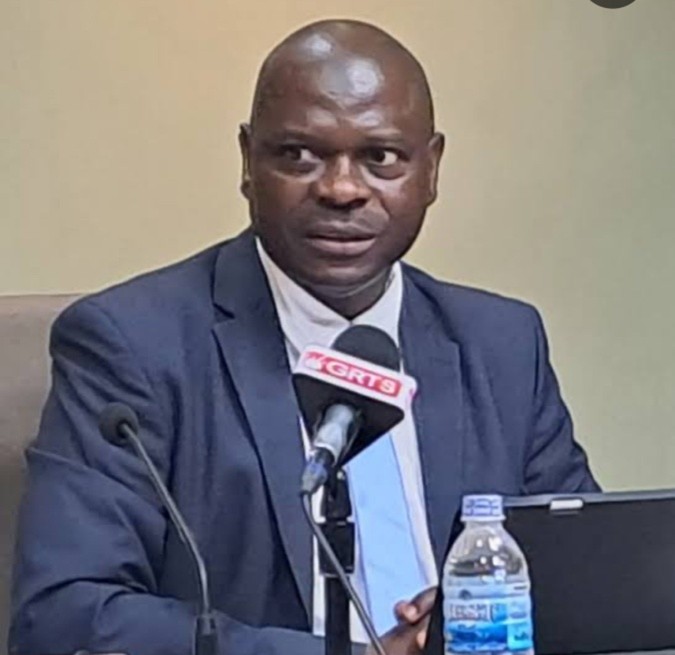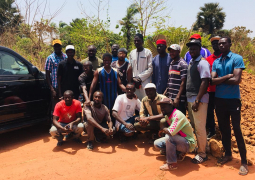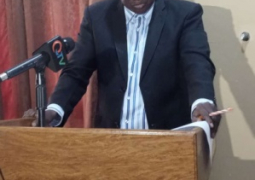
Responding to questions from journalists, the minister described recent media reports on the Russian oil deal as “misleading and misinformed,” emphasising that not every economic transaction automatically attracts tax obligations.
“Just because an economic activity has taken place does not mean it is taxable,” he explained. “Taxation is guided by specific laws, not by public perception or layman interpretation.”
He cited the findings of a parliamentary inquiry, which concluded that the alleged irregularities in the $30 million oil transaction were not established, though it noted some regulatory lapses mainly regarding the trader’s choice to receive proceeds in dalasis instead of dollars due to currency access challenges at the time.
On the rice importation deal involving Win Win Company, the minister dismissed claims that the Ministry of Finance issued a government guarantee without compensation. He clarified that the Memorandum of Understanding (MoU) included a profit-sharing scheme, where the private partner would retain 70 percent of net profits while the government would receive 30 percent.
“The story that government provided a guarantee without compensation was false,” he said. “The MoU clearly spells out a profit-sharing arrangement.”
He further explained that the Win Win initiative was a pilot project aimed at empowering Gambian businesses to enter the commodity import market long dominated by foreign traders. According to him, the Ministries of and Trade, and a commercial bank jointly assessed potential partners, and the bank’s due diligence process identified Win Win as the most qualified firm.
“No public funds were used in the transaction,” he stressed. “It was structured through a Letter of Credit system, meaning no government money was at risk.”
The minister said the project was intended to lower the market price of rice to around D1,000 per bag, while strengthening local participation in key imports like rice, cooking oil, potatoes, and onions. He noted that the deal only collapsed because the supplier failed to deliver the goods despite a valid Letter of Credit.
“I took an oath to serve this country with integrity,” he said firmly. “We acted transparently and in the national interest. No government money was lost, and there was no hidden agenda.”




